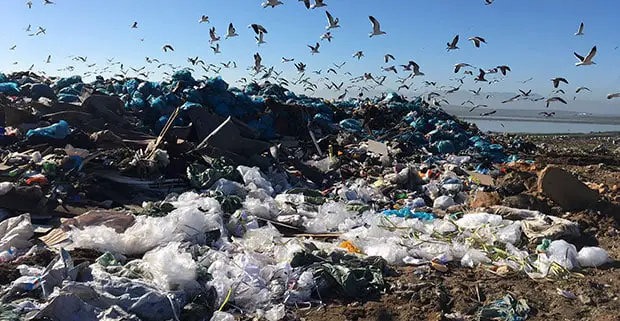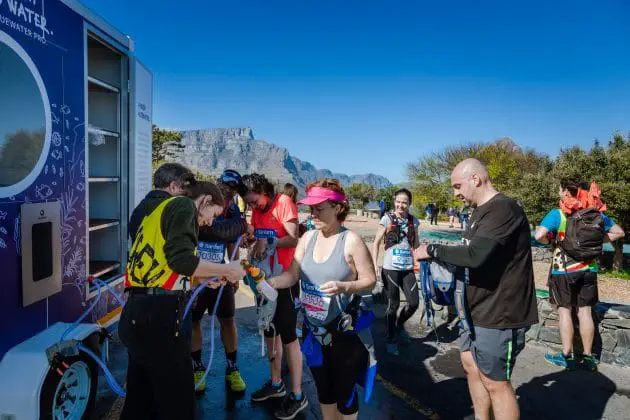Wesgro Launches FLOW Offset for #WaterWiseTourism
Cape Town, Wednesday 18 April 2018. Today, the Western Cape Minister of Economic Opportunities, Alan Winde, launched the world’s first water-offset tool, My Water Foot Print, as part of a bid to boost #WaterWiseTourism in Cape Town and the Western Cape.
The offset tool was created by Wesgro, in conjunction with FLOW, as part of its campaign to encourage tourists to continue to visit the Cape and be water conscious when doing so.
The My Water Footprint tool, www.mywaterfootprint.capetown, allows visitors to the Cape to calculate their daily water usage, and then to offset this usage by donating money to water conservation projects.
By doing this, visitors to our water-scarce destination will not only be incentivised to check their usage, by making use of this tool but will also be able to rest assured that they are part of the #waterwisetourism solution.
This can all be done while visitors experience the Cape’s unparalleled natural beauty, award-winning food and wine, rich culture and heritage, and world-famous landmarks.
Reflecting on the importance of this initiative, Wesgro CEO, Tim Harris said, “Cape Town and the Western Cape – Africa’s leading tourist region – is coming back stronger from its severe drought, and the joint response from government, business and the tourism industry is emerging as best practise for promoting “water-wise tourism” in the face of climate change. This new online tool is yet another way our destination is leading in this effort.”
Indeed, climate change is a new reality that will affect more and more cities around the world in coming years. Harris continued: “‘The Cape Town Model’ for dealing with climate change shows how tourism can be an important part of the solution, and we look forward to sharing some of our initiatives with many other places around the world.”
Global authorities have acknowledged the efforts undertaken by the Cape’s tourism sector with the United Nations World Tourism Organization (UNWTO) Secretary General, Zurab Pololikashvilli, commenting: “We recognise the huge efforts that South Africa, especially the Cape Town local authorities, are undertaking in addressing the water situation and the inclusive approach that has been taken throughout the campaign in raising awareness for the end users and tourists in becoming more responsible.”
Minister Alan Winde added: “The world is looking to Cape Town as the example on reducing water usage and the My Water Footprint initiative is just another way we’re innovating around water usage to ensure that each and every citizen, and each and every visitor, has the tools they need to reduce and save. Water wise tourism efforts like these are putting Cape Town and the Western Cape on the map as a leading responsible tourism destination, securing thousands of jobs in our hospitality industry.”
How it works:
Visitors to Cape Town and the Western Cape can visit the mywaterfootprint.capetown micro-site.
Via a fun, interactive interface, visitors will select how many showers they’ll take, how many water based beverages they’ll consume and how many times their room will be cleaned – as well as declare and quantify any other water consuming practices that will take place during their visit to the Cape.
Based off the information given, a calculator built into the tool will generate “flowcoins” – a currency created around water usage.
Visitors can then use these “flowcoins” to offset their usage to water saving projects thereby supporting local water initiatives.
These water conservation initiatives include: the Greater Cape Town Water Fund – which removes alien invasive plant species to save billions of litres of water and the Smart Water Meter Challenge – a special campaign aimed at saving water at schools across Cape Town through the installation of a water monitoring device, called the Dropula. The system monitors water usage and flow and provides information that can help inform opportunities to save water.
Watch the short video below to see how it works:
Founder of FLOW (For Love of Water), Justin Friedman, said in closing: “I am grateful for the collaboration on this proudly South African platform, it is one that could lead to real meaningful systemic change socially, environmentally and economically.”
Cape Town and the Western Cape are ready to welcome tourists, for more information see www.waterwesterncape.com




